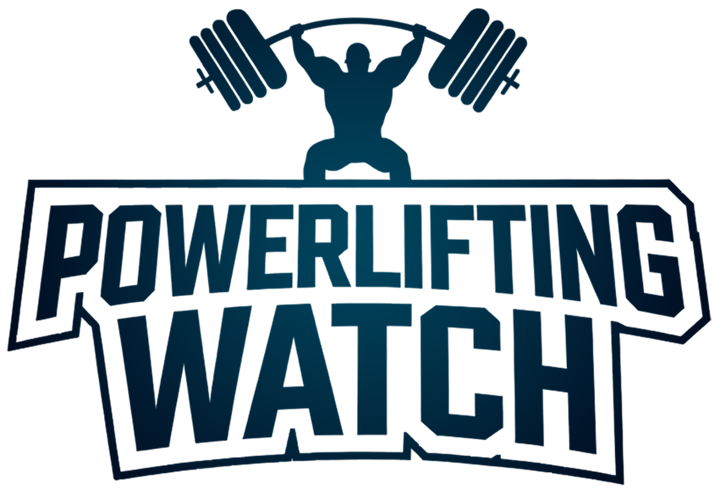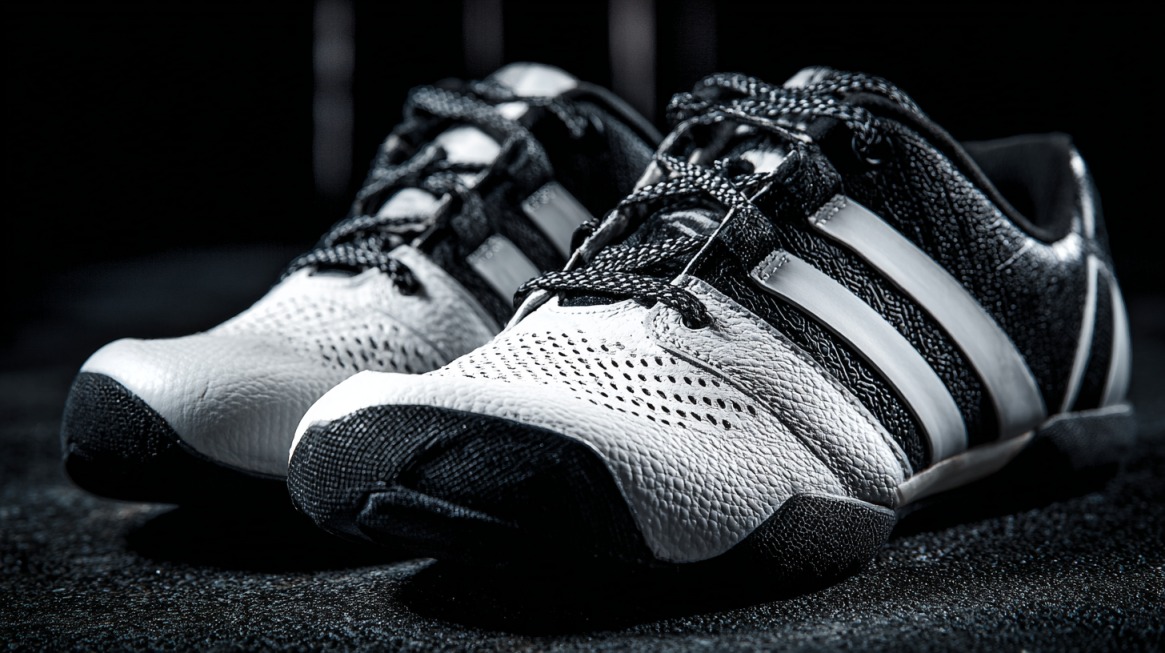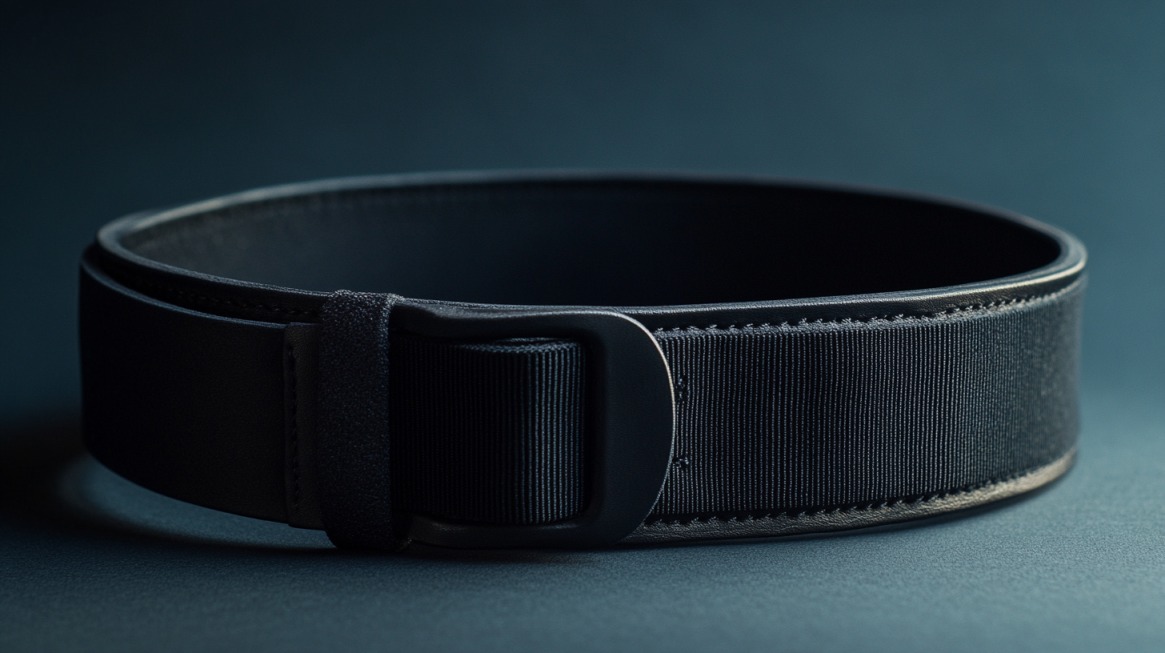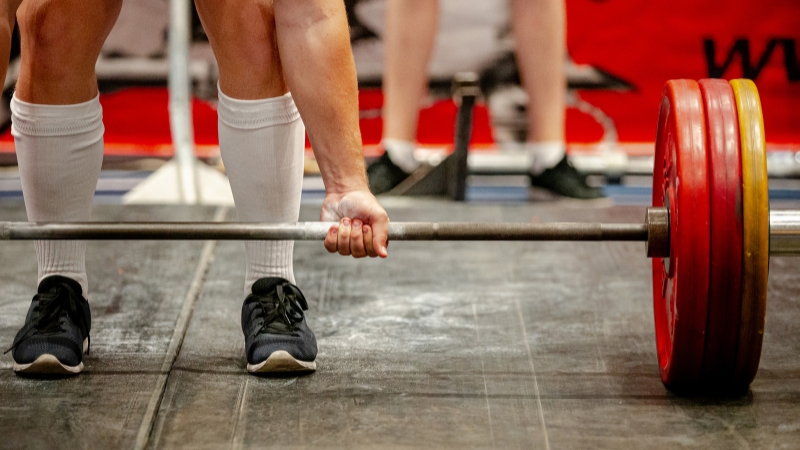The difference between lifters who log every set, rep, and weight versus those who train without structured records often shows in competition results.
According to a 2023 survey by BarBend, over 68% of competitive lifters use a dedicated training app, and 74% of them report faster progression in their key lifts after adopting digital tracking compared to paper logs.
The International Powerlifting Federation (IPF) also notes that structured monitoring of training variables, load, volume, and rest intervals is strongly correlated with performance increases, especially in intermediate and advanced athletes.
They calculate estimated one-rep maxes (e1RM), track Wilks or IPF points, store competition history, generate periodized programs, and visualize trends over time.
1. Hevy
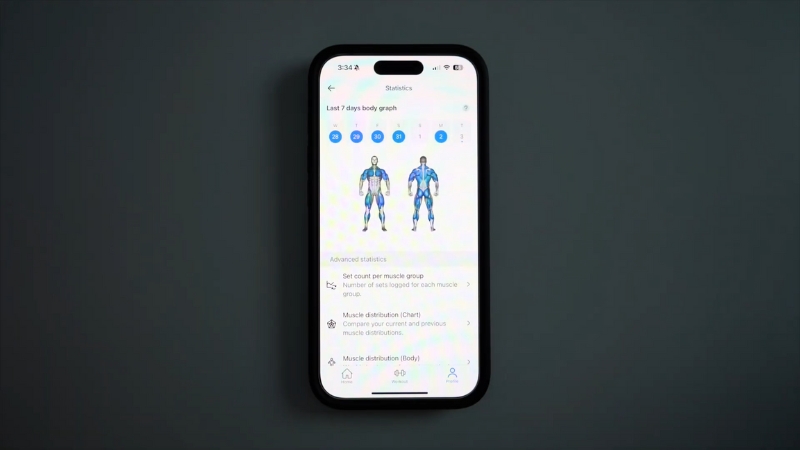
Hevy has quickly become a community favorite for lifters who want both detailed tracking and social interaction. It’s free to start and includes unlimited logging, up to four custom routines, a clean interface, and an exercise library that covers everything from barbell lifts to accessory movements.
The social feed is a standout feature; you can follow friends, like their workouts, and comment, creating an environment similar to Strava for strength sports.
Feature
Details
Price
Free with optional Pro ($3/month)
PR Tracking
Automatic with historical comparison
Community
Social feed, comments, likes
Best For
Lifters motivated by progress sharing
2. StrengthLog
StrengthLog is one of the most data-rich free apps on the market. Even without a subscription, you get unlimited workout logging, exercise history, rest timers, PR tracking, and built-in calculators for e1RM, Wilks, IPF points, and even attempt selection for meets.
Premium adds muscle heat maps, advanced analytics, and custom goal setting.
Feature
Details
Price
Free with optional Premium (~$4/month)
Competition Tools
IPF/Wilks scoring, attempt planning
Analytics
e1RM trends, heat maps
Best For
Data-obsessed lifters and competitors
3. Strong
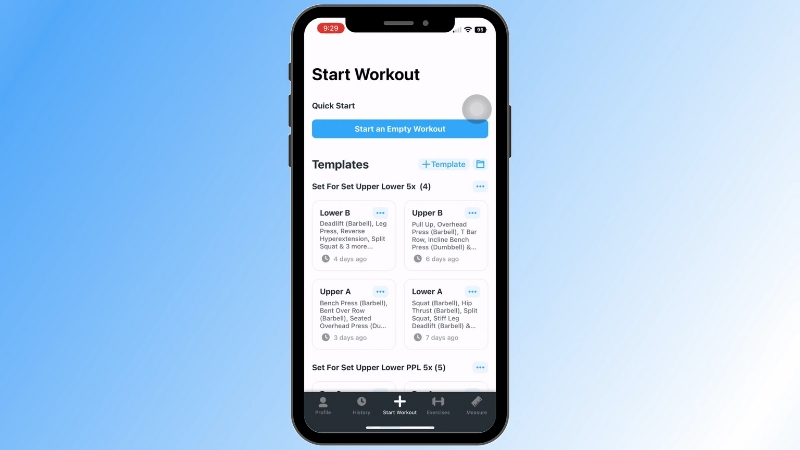
Strong focuses on speed and simplicity. You can start a workout, log your lifts, and get an e1RM estimate in seconds. It integrates seamlessly with Apple Watch, making it ideal for lifters who want to avoid pulling out their phone between sets.
Feature
Details
Price
Free with Premium ($4.99/month)
Strength Tracking
1RM, total volume
Integrations
Apple Watch
Best For
Minimalists who want efficiency
4. StrongLifts 5×5
View this post on Instagram
StrongLifts is built around the classic 5×5 strength program, squat, bench, and deadlift-focused, with progressive overload. The app automatically adjusts weight based on performance and tracks your totals.
Feature
Details
Price
Free with Premium ($9.99/month)
Program Focus
Progressive overload 5×5
Adjustments
Auto-increase or deload
Best For
Beginners building a strong foundation
5. Intensity – Powerlifting Log
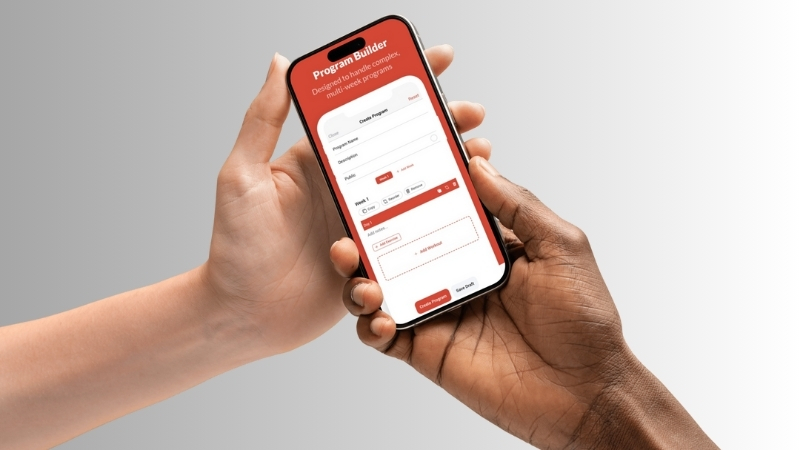
Intensity caters specifically to strength athletes. It comes preloaded with popular templates like 5/3/1, Sheiko, and Starting Strength, but you can also build your own. The app tracks PRs, plots charts for each lift, and allows cloud syncing.
Feature
Details
Price
Free
Templates
5/3/1, Sheiko, Starting Strength
Social
Leaderboards, sharing
Best For
Lifters following established templates
6. FitNotes
@tugboet #greenscreen #gym #fitnotes #app #recomendation ♬ original sound – tug
FitNotes is a no-frills, high-efficiency training log built for Android users who value speed and simplicity. It allows you to log exercises, sets, reps, and weights without navigating through unnecessary menus.
The clean calendar view makes it easy to see past sessions, and its muscle-group tracking helps ensure balanced programming over time. Because it’s fully customizable, you can enter your exercises, tweak rest periods, and adjust logging formats to match your exact training style.
Feature
Details
Price
Free
Logging
Custom exercises, detailed notes, muscle tracking
Best For
Lifters wanting full control without extra clutter
7. JEFIT
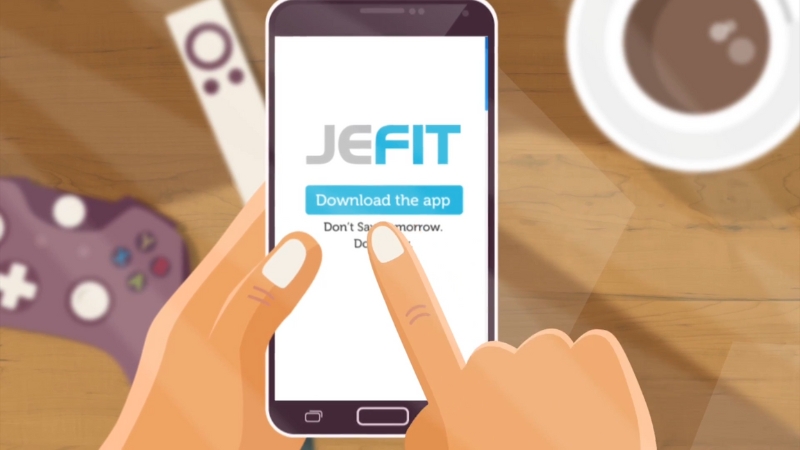
JEFIT is one of the most versatile lifting apps available, boasting over 1,300 exercises with detailed instructions and videos. Its built-in routine builder allows you to create customized powerlifting programs, while the community hub lets you share workouts, join challenges, and compare progress with other lifters.
The app tracks everything from total volume load to individual lift progress, giving you both high-level trends and fine-grained lift data.
Feature
Details
Price
Free with Premium ($6.99/month)
Social
Community programs, group challenges, shared routines
Best For
Lifters who thrive in a group-driven training environment
8. Fitbod
Check out fitbod & receive personalized workout recommendations based on your fitness profile http://t.co/1bpj9iexoM pic.twitter.com/i0A4kGKF3r
— Fitbod (@FitbodApp) October 8, 2015
Fitbod uses AI to generate workouts based on your logged history, recovery, and equipment. It adapts over time, which can help prevent plateaus.
Feature
Details
Price
$12.99/month
AI Features
Auto-adjusted programs
Best For
Lifters wanting adaptive training plans
9. PUSH
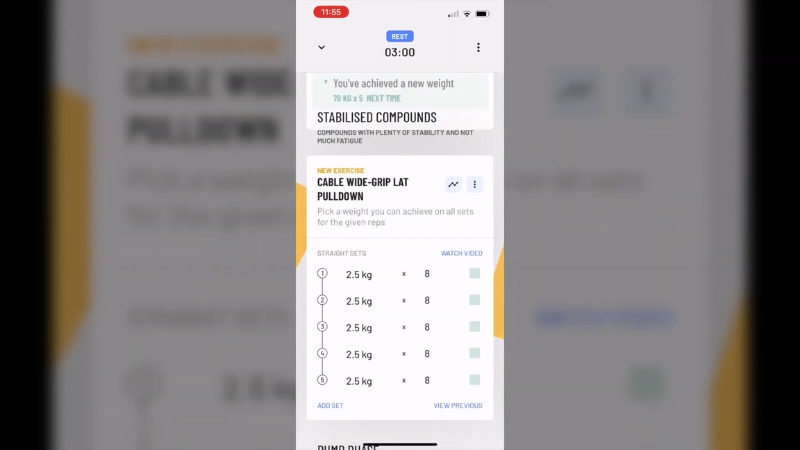
PUSH is a velocity-based training (VBT) app that pairs with hardware to measure bar speed, giving real-time feedback on power output.
Feature
Details
Price
Hardware + app (~$189 one-time + free app)
Specialty
Velocity-based training feedback
Best For
Advanced athletes tracking bar speed
Bottom Line
If your goal is to get stronger in the squat, bench press, and deadlift, the right tracking app can turn training from guesswork into a measurable, progressive process.
Hevy and StrengthLog stand out for their combination of depth, usability, and long-term data storage, making them ideal for most lifters.
Strong and FitNotes excel for those who want speed and simplicity without distractions, while Intensity caters directly to competition prep and structured programming.
Advanced athletes can benefit from PUSH for velocity-based training or Fitbod for AI-driven adaptation during off-season phases.
